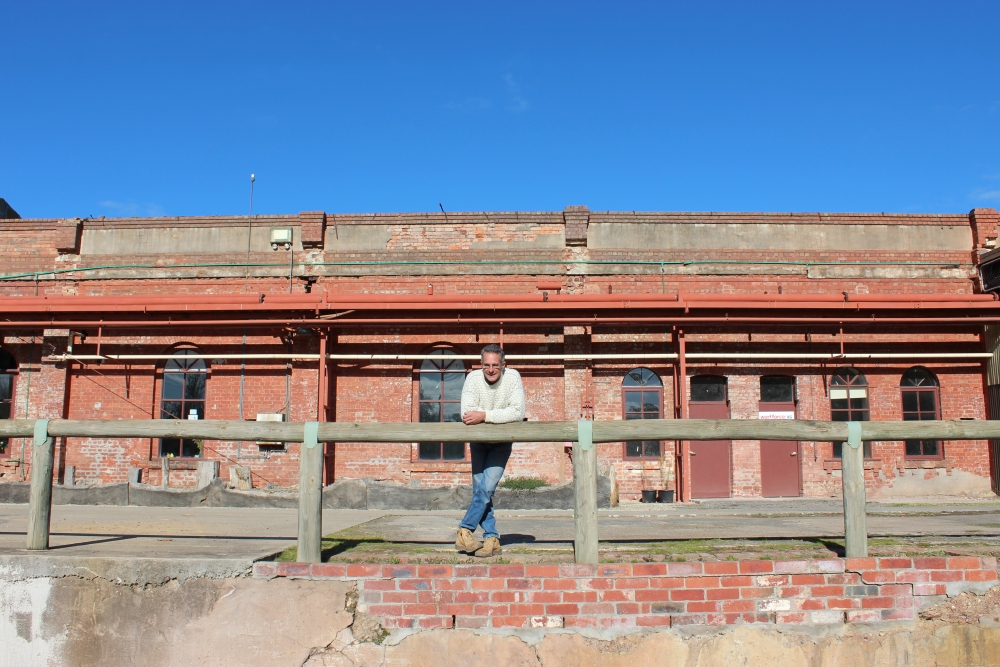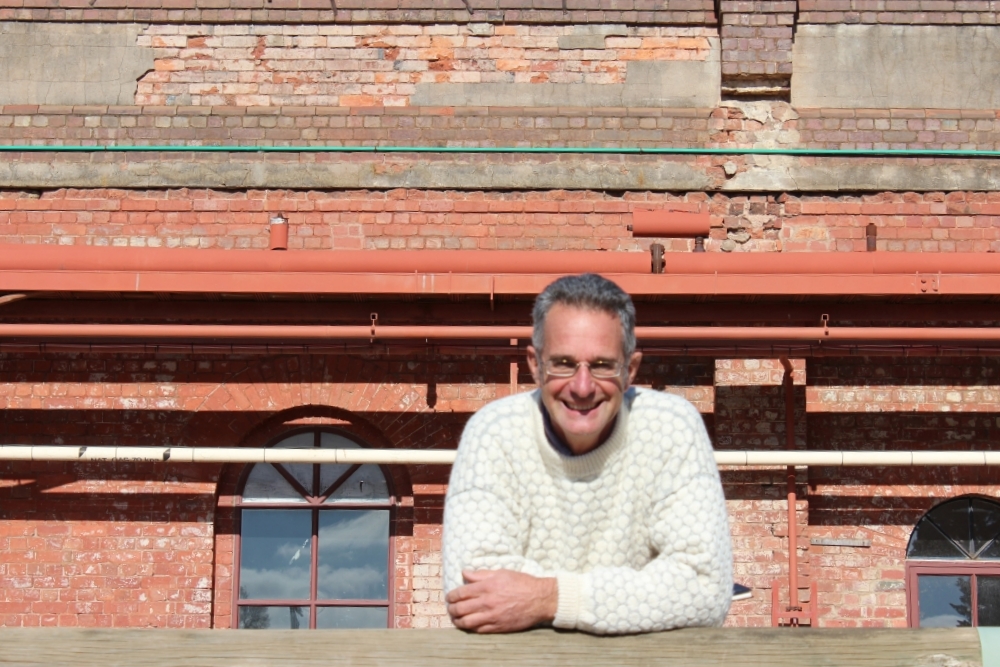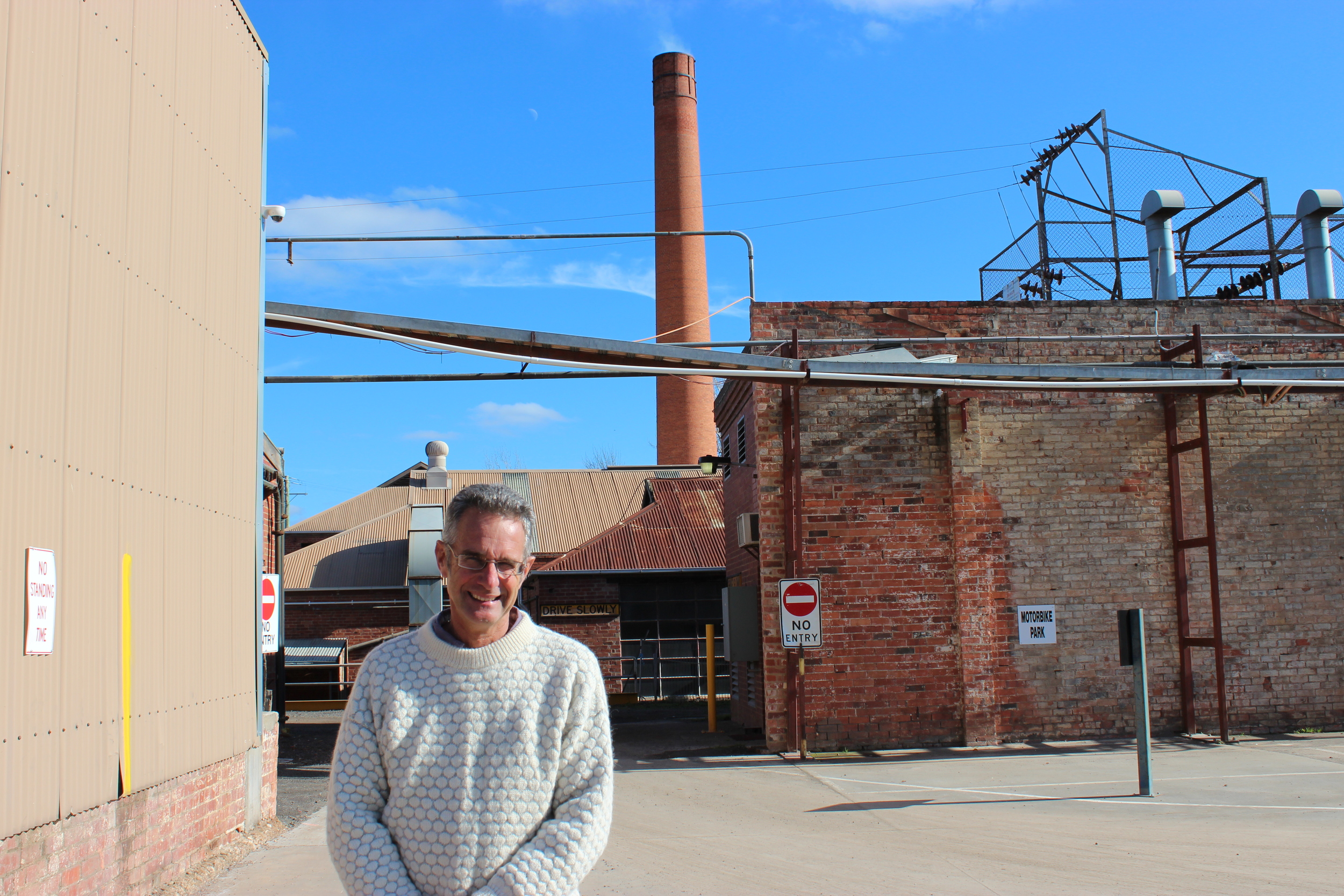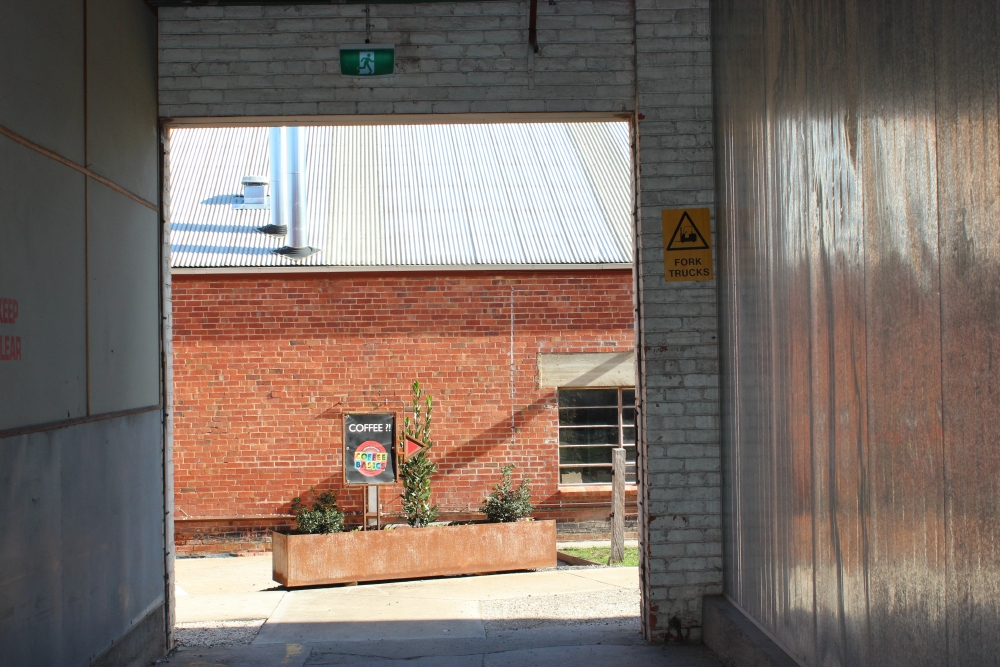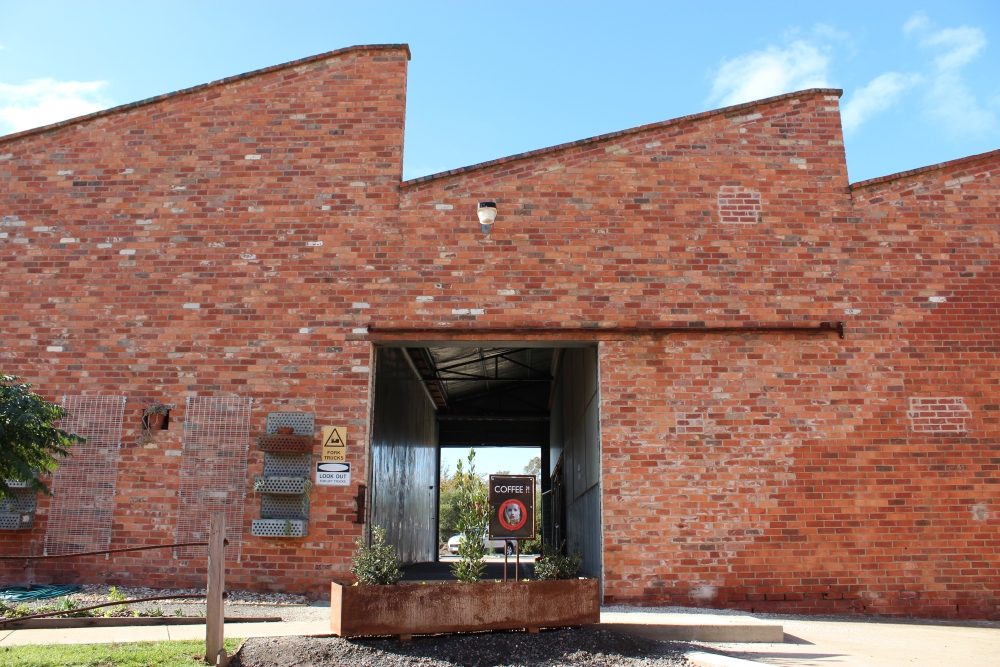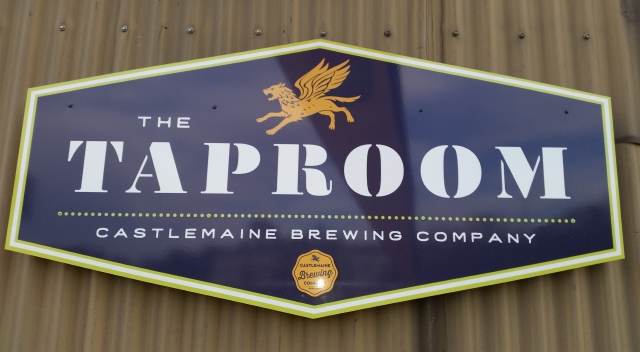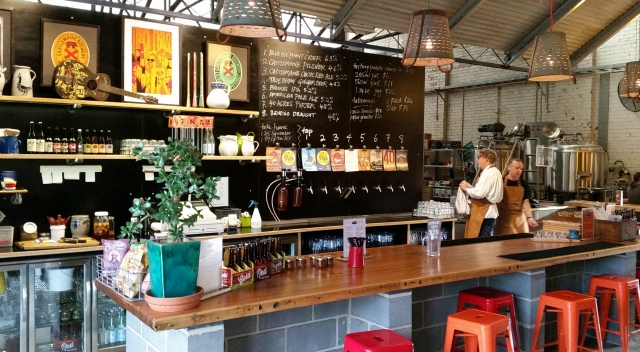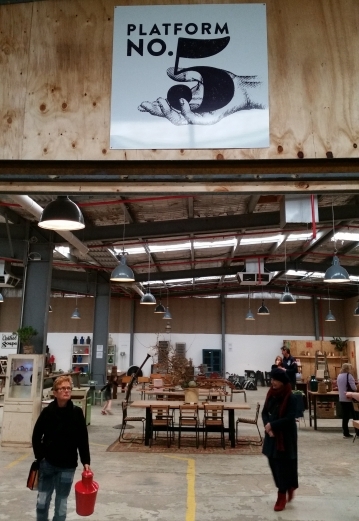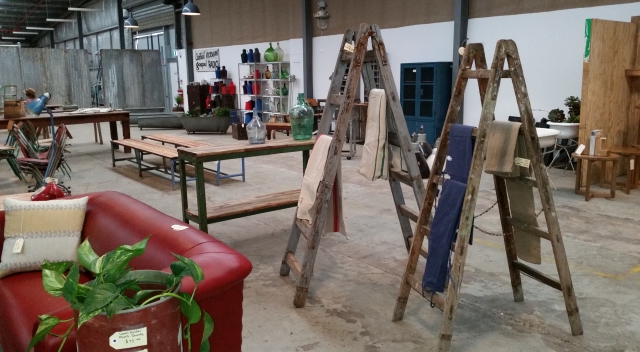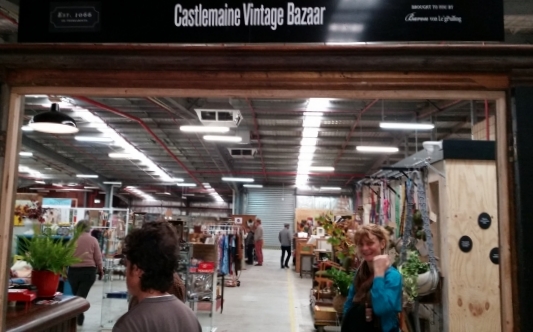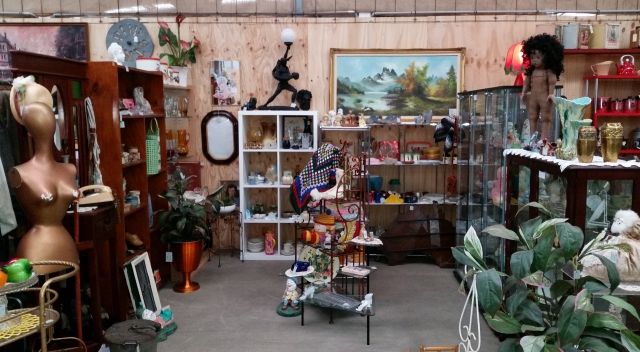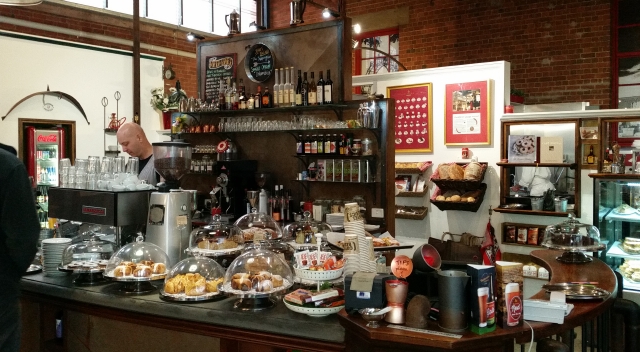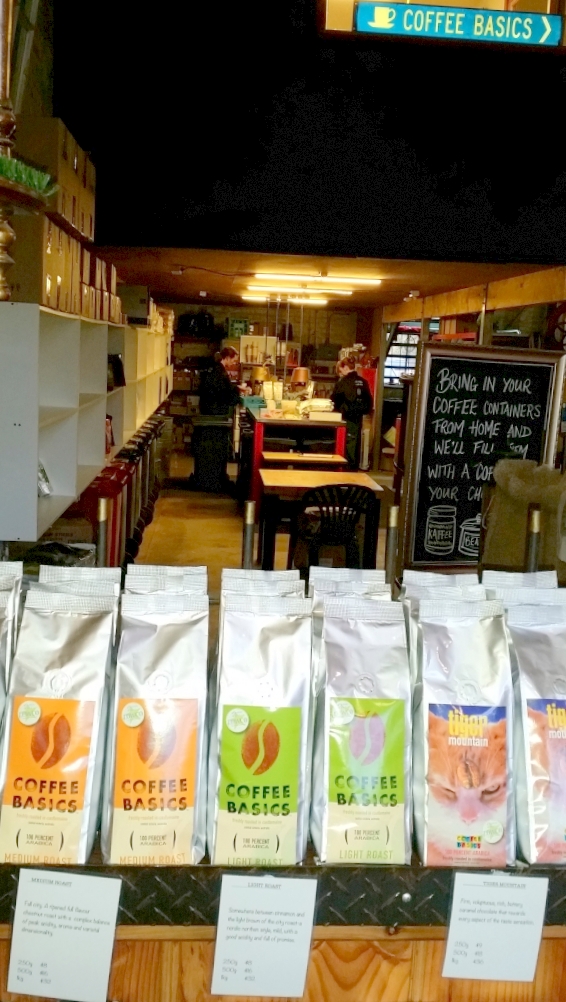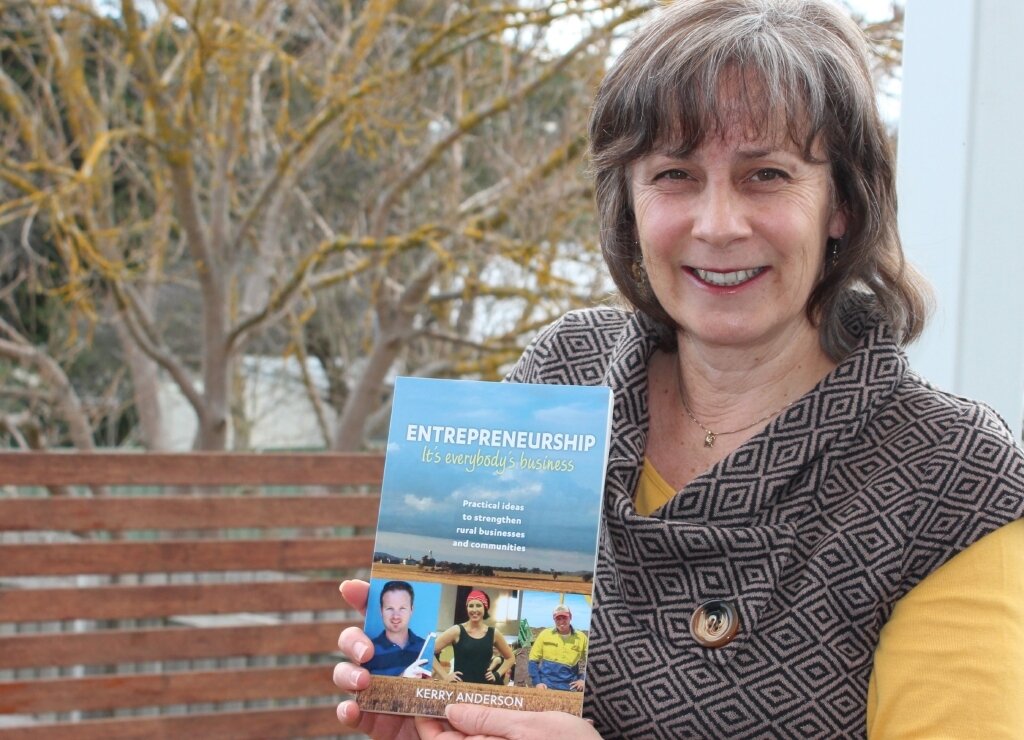New life for old industrial site
BY KERRY ANDERSON
HAILED as the latest vibrant and exciting tourist destination of central Victoria, The Mill Castlemaine is providing inspiration to other rural towns who want to breathe a new lease of life into their old industrial sites. But, be warned, it’s not a task for the faint hearted.
Often large industrial buildings struggle to find a new purpose and can present more challenges than are evident to the naked eye. Castlemaine’s former Woollen Mill dating back to 1875, and ravaged by fire on at least two occasions, fits perfectly into this category.
When the old mill site came up for tender in 2013, it was fortuitous that it caught the eye of farmer and stay at home dad, Phil McConachy. Phil and his partner Ronnie Moule, a local General Practitioner, were looking for a suitable piece of land to establish a potential self-storage business as an alternative income to their sheep farm that has been significantly destocked in the continuing dry conditions. While considerably larger than required, they saw the potential of the site.
“At first we thought it was too big but let’s have a go,” says Phil. “We saw the potential for a market of some kind, worked out some rental estimates, and took it from there.”
With the aid of a building valuer and town planners they put together a bid.
As fate would have it, the tender was initially awarded elsewhere but after the buyer defaulted it came back to the McConachys. Suddenly they were owners of 26,000 square metres of real estate with 9,000 square metres of industrial buildings ranging in age from 1875 to 1996.
During the tender process Phil had spotted the owners of a local café and coffee roasting business checking out the site for a potential expansion of their business, so it was natural to have a conversation with them. It was not long before they had their first tenant, a core one at that, signed up but there was still a long way to go.
Working with council has been an integral part of the process. With such a high profile site Phil says they have been determined to “keep squeaky clean” despite the many stories of the slowness of councils and some people reportedly going ahead and getting approval afterwards.
“After a lot of negotiation with the local council we got an overall planning permit for the site but it has been a bit of a regulatory nightmare,” admits Phil.
One of the many hidden surprises was when the entire fire hydrant system had to be upgraded from 80mm to 100mm pipes even though they already had double the flow and triple the water pressure required by the regulations.
“There is no negotiation with regulations; it’s just black and white,” shrugs Phil. “On reflection, if we’d engaged an architect in the first place it could have highlighted some of these issues but then we would not have bought the site.”
With 80 percent of the site now leased to a mix of food and hospitality vendors, manufacturers, and retail outlets, Phil says that the site has grown organically of its own accord into a vibrant hub.
While his star tenants, Edmund and Elna Schaerf, took charge of converting the space beneath the iconic chimney into the now very popular Das Kaffeehaus, Phil looked after the rest of the site.
“We waited for the tenants to arrive and then constructed the spaces to meet their needs. Some have been start-ups, others have expanded from a home business to a commercial site, or just needed a bigger space to grow their business.”
A secondary consent application is submitted to council for each new tenant.
“New tenants who fit into the industrial zone can come in without council approval but we consult anyway,” says the ever cautious Phil.
Initially frustrated by the limited staffing and delayed responses from the planning department, the relationship has improved with time especially when the head of department noticed emails being sent by Phil at 4.30am in the morning.
“We now have a system in place and are getting better at it,” he is pleased to report.
Drawing on his previous skills as a fitter and turner and owner of an earthmoving construction business, Phil has supervised all the works on site. Numerous trades, the majority of which are local, have been contracted for the major works and two carpenters and a labourer continue to be engaged on a permanent basis.
Having survived the stress of getting the site operational and it rapidly gaining momentum as a tourist destination, Phil and Ronnie decided in late 2015 that it was time to give serious consideration to the branding.
“We wanted to honour the site as well as Castlemaine which gave us The Mill Castlemaine.”
His focus has now turned to attracting the Melbourne market to visit Castlemaine.
“Cross promotion is very important with all the tenants and the whole town. We’re not competitors, we’re all in this together.”
Today, looking decidedly relaxed and rightfully satisfied with the results of their endeavours, Phil is comfortable reflecting on the challenges of the past three years. While an old bus parked at the back of the site still acts as his office, he now has the luxury of meetings over coffee in Das Kaffeehaus where the waiters know him by name.
Without a doubt, The Mill Castlemaine has reinvigorated the opportunities for small businesses and employment in the town at a time when inconsistent seasons are making farming difficult. As a parent of four boys aged 10 to 20, one of Phil’s motivations is that The Mill Castlemaine also offers them the option to live and work in their home town in the future.
“If we’d known the complexities we probably wouldn’t have bought the site,” Phil says. “But I’m glad we did,” he adds with a smile.
http://millcastlemaine.com.au/
Phil’s top tips
Get town planners with experience in large projects, and preferably an existing relationship with your local council, involved right at the beginning.
Go to your council and get their support before you spend any money.
Find a bank manager that understands business and develop a strong relationship with them.
2020 update:
Phil’s ‘office’ bus is still parked out the back of The Mill Castlemaine, but it appears that the site has gathered a life of its own.
‘We have 41 businesses, the site is 93% tenanted, and currently only 2% more available for leasing,’ Phil says. ‘The latest business is a boutique cheese maker and cheese training facility opening by midyear.’
I don’t tell him I’ve already found the chocolate makers!
The website lists a wide array of businesses - food, vintage, studios, workshops, thinktanks and online - as part of the ever-growing precinct. When I catch up with Phil in February, between 12,000 and 15,000 people are visiting The Mill Castlemaine each month which is a great success story. By the end of March, it is a very different story when Coronavirus restrictions come into force.
‘The strength of this site is that it’s not focussed on just one thing,’ Phil acknowledges. ‘If we’d been just tourism it would have had a bigger impact.’
While one quarter of the businesses onsite closed their doors, others have still been able to operate in some capacity.
‘The café is still roasting coffee and the brewery is still brewing.’
Phil believes that community support has grown for their local manufacturer and internet business tenants.
‘It will be quite interesting to see what happens in the next twelve months.’
From his own business perspective, Phil is negotiating with a good number of tenants about rent relief and has had to push a few of his plans back while progressing others. Communicating with the bank was a priority. With reduced foot traffic on site, it has been a great opportunity to drive forward some ‘not so tourism friendly’ works.
‘The timing has also worked well for our new Cheese Maker tenant,’ he points out. ‘It’s made their build much easier.’
With only four vacant spaces on site, Phil has continued to receive enquiries from prospective tenants during the restrictions.
The 2018 installation of a 100kW solar system (355 panels) was followed in March 2020 with a second installation taking the site up to a total of 200 kilowatts. ‘This powers half of our consumption.’
Media has also significantly changed.
‘Our focus is on digital media as this is the way the world is going,’ explains Phil. ‘We’ve warned all our hard copy media that we are progressively winding back the spend within their businesses.’
This is such an inspiring business having had the privilege of seeing it grow from a disused factory site into a major tourist destination.
KERRY ANDERSON: Founder of the Operation Next Gen program and author of ‘Entrepreneurship: It’s Everybody’s Business,’ Kerry works with small businesses and rural communities to help them embrace new opportunities. In 2018 she was named as one of Australia’s Top 50 Regional Agents of Change. READ MORE

